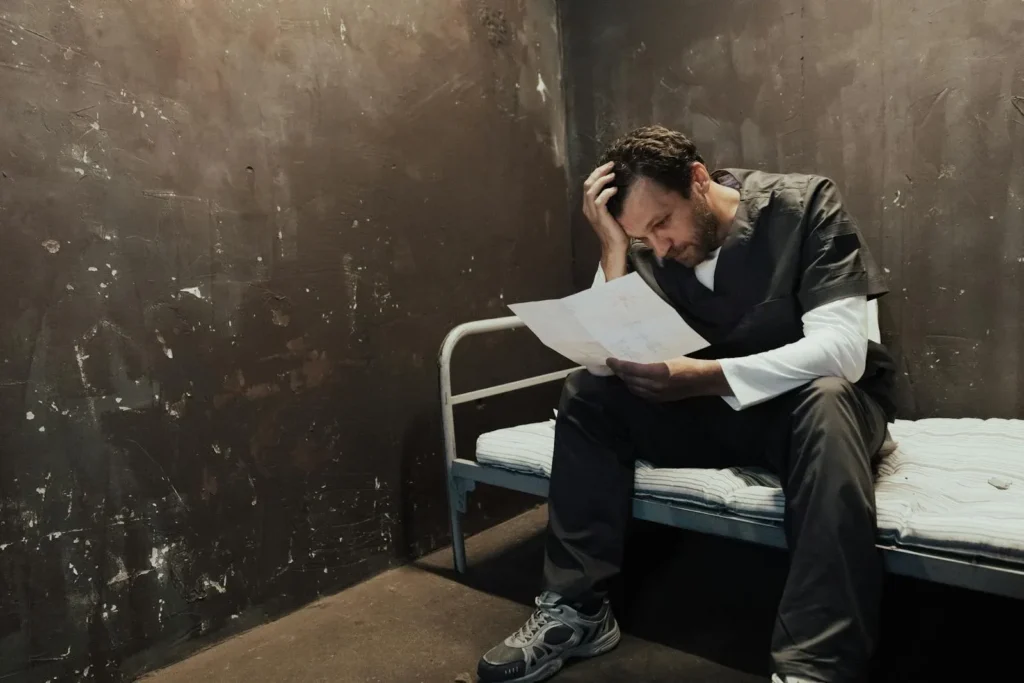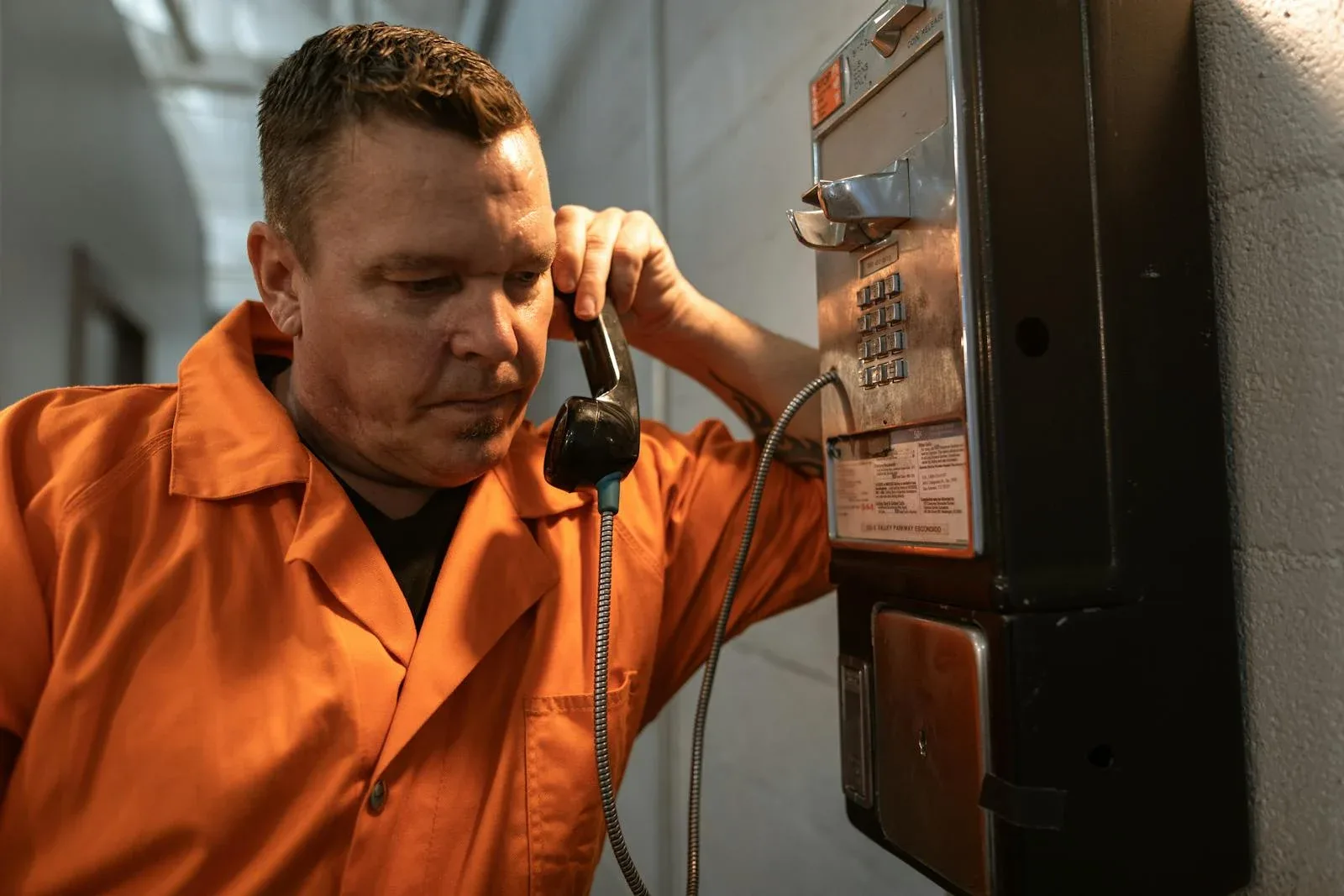List of Crimes With Mandatory Minimum Sentences
At ReedsAndReeds, our expertise in the legal terrain isn’t limited to divorce cases alone. Curious about how certain crimes carry unavoidable jail time? Let’s unravel the world of mandatory minimum sentences. These are laws that force judges to impose harsh penalties, no matter the specifics of the case. Read on to discover which crimes fall under these rigid rules and how they might affect you or your loved ones.
According to the United States Sentencing Commission, mandatory minimum sentences apply to certain drug offenses, firearm offenses, and child pornography crimes. These laws set fixed minimum penalties that judges cannot lower.
Introduction to Mandatory Minimum Sentences
Mandatory minimum sentences remove judicial discretion by imposing predetermined penalties for specific crimes.
Predominantly these sentences force offenders to spend a set amount of time in prison, with no chance for early release or parole. The goal of mandatory minimum sentences is to prevent crime, make sure sentencing is consistent, and keep dangerous people off the streets.
Some people argue that these sentences can be too strict, unfairly affecting minorities and low-income individuals, and reducing judges’ flexibility. In basic terms, others believe these sentences are needed to ensure offenders are held accountable and to maintain order.
Common Crimes with Mandatory Minimum Sentences
Certain crimes come with mandatory minimum sentences, requiring judges to impose predetermined punishments, including offenses like drug trafficking and firearm violations.
In short, these laws are made by lawmakers and prevent judges from deciding sentences based on each case. They usually cover serious crimes like drug dealing, using guns illegally, or violent acts. The goal of mandatory minimum sentences is to make sure people who commit these crimes get the same punishment and to discourage others from doing the same.
Fundamentally, some people think these laws can be unfair because they force judges to give out longer sentences even when they believe a shorter one would be better. This can lead to crowded prisons and can affect some groups of people more than others. Despite these concerns, mandatory minimum sentences are still widely used in the justice system. People continue to argue about whether they are fair and effective.
Drug-Related Crimes and Mandatory Sentences
Refer back to our earlier statement drug-related crimes, often linked to mandatory sentences, encompass offenses like possession, trafficking, or distribution of illegal substances in various legal systems.
Simply put, mandatory sentences are minimum jail times set by law for certain crimes. These sentences can’t be shortened or skipped.
For drug crimes, these mandatory sentences aim to scare people away from dealing with drugs by setting tough punishments. The goal is to punish those who break the law and show that drug crimes won’t be tolerated.
Supporters of mandatory sentences say they help cut down on drug crimes by keeping criminals off the streets and making sure they face the consequences. They also believe these sentences keep things fair because everyone gets the same punishment without any special treatment by judges.
However critics think mandatory sentences can be too harsh and unfairly target certain communities. They also point out that these sentences can overcrowd prisons, use up resources, and don’t fix the real reasons people turn to drug crime.
Impact of Mandatory Minimum Sentences

Focusing on earlier analyses, mandatory minimum sentences have led to overcrowded prisons and disproportionately affected minority communities.
Essentially speaking, supporters believe these laws help prevent crime and ensure equal punishment. But critics say they take away judges’ ability to decide fair sentences and can result in unfairly harsh punishments, especially for nonviolent crimes. These laws also contribute to prison overcrowding and often harm marginalized groups more.
To put it briefly, additionally, some argue that mandatory minimums don’t tackle the main reasons people commit crimes and can make it harder for people to rehabilitate.
Controversies Surrounding Mandatory Minimums
Adding to past comments, mandatory minimum sentences, particularly in drug-related and firearm cases, have sparked debate for potentially leading to disproportionately harsh penalties and contributing to prison overpopulation.
Come to think of it, these rules have caused a lot of arguments because they limit judges’ choices and can lead to very harsh punishments, especially for people who committed nonviolent crimes. Critics say that mandatory minimum sentences fill up prisons, worsen racial inequality in the justice system, and don’t really prevent crime.
Supporters of mandatory minimums think these rules are important to ensure everyone gets the same punishment and that offenders face consequences. They believe these rules show that certain crimes are not acceptable and help keep the public safe. At the base, however, critics argue that mandatory minimums ignore the unique details of each case and can lead to unfairly harsh punishments.
The debate over mandatory minimums has been going on for years, with strong arguments on both sides. Some states have tried to change these laws recently to address the issues raised by critics.
My Concluding Remarks
Thinking about our past talks, in conclusion, mandatory minimum sentences are typically imposed for crimes such as drug trafficking, gun offenses, and certain violent crimes.
What ReedsAndReeds is thinking you should explore is, that these sentences are often criticized for taking away judicial discretion and leading to disproportionately harsh punishments. Despite the controversy surrounding them, mandatory minimum sentences continue to be a prominent feature of the criminal justice system.







